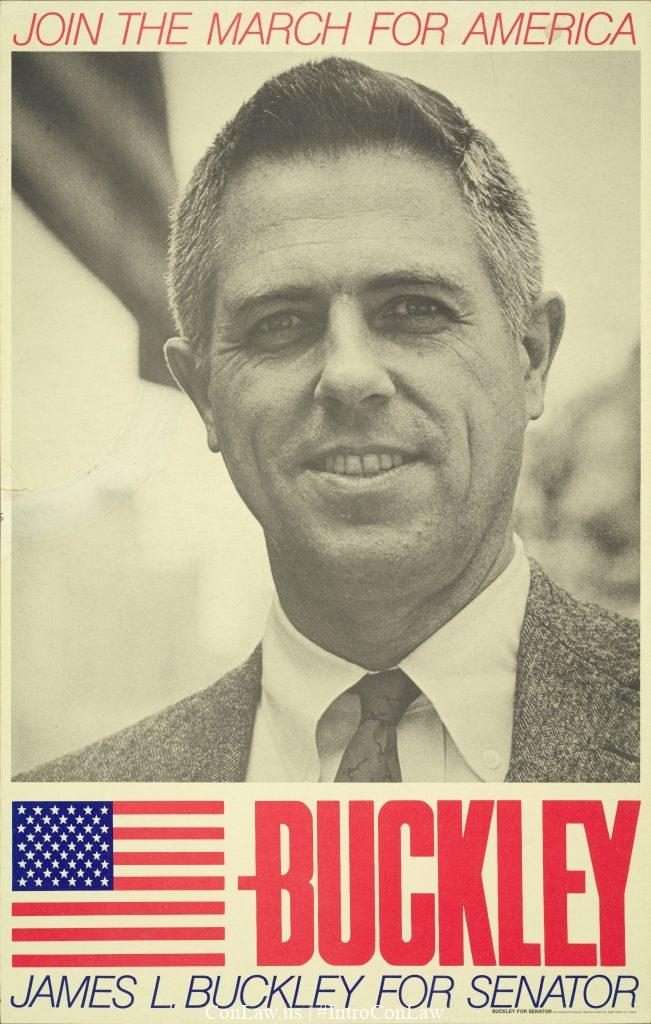The Volokh Conspiracy
Mostly law professors | Sometimes contrarian | Often libertarian | Always independent
Today in Supreme Court History: November 10, 1975
11/10/1975: Buckley v. Valeo argued.

Editor's Note: We invite comments and request that they be civil and on-topic. We do not moderate or assume any responsibility for comments, which are owned by the readers who post them. Comments do not represent the views of Reason.com or Reason Foundation. We reserve the right to delete any comment for any reason at any time. Comments may only be edited within 5 minutes of posting. Report abuses.
Please to post comments


Ex Parte Crouch, 112 U.S. 178 (decided November 10, 1884): federal courts cannot via habeas vacate state court convictions except on jurisdictional grounds (gradually overruled, most specifically by Brown v. Allen, 1953)
Baltimore & O.R. Co. v. Kepner, 314 U.S. 44 (decided November 10, 1941): state court cannot interfere with resident injured railroad employee’s statutorily permitted federal venue of FELA action even if inconvenient for railroad (suit brought in New York courthouse 700 miles away even though accident happened 20 miles from employee’s house in Ohio) (winning side was represented by one Morrison R. Waite, grandson of a Chief Justice) (court notes expense of bringing 25 local witnesses to New York; looks to me like plaintiff wanted to use the prospect of litigation costs to force settlement in a meritless case)
Pfaff v. Wells Electronics, Inc., 525 U.S. 55 (decided November 10, 1998): patent invalid because inventor waited too long after entering into sale “order” before applying for it (it has to be within one year of sale, 35 U.S.C. §102(b))
Marine Corpse birthday, 249 years young, born in a Bar of course. No Marines have served with the Surpremes, Bork came the closest, but maybe JD???? (after his 2 terms as POTUS of course, he'll only be 52)
Frank
I recently re-read David M. Rabban’s book Free Speech in its Forgotten Years, 1870–1920. Most histories of the First Amendment largely skip from the Alien and Sedition Acts to Holmes and Brandeis dissenting.
The book was interesting though the last third covers the same ground as other accounts by providing an extended look at the World War I cases, etc. He later wrote about academic freedom.
In Ex parte Curtis (1882), the Supreme Court upheld the constitutionality of an 1876 act prohibiting U.S. government officials from requesting or receiving money from other government employees for political purposes. One justice dissented, partially on First Amendment grounds.
https://firstamendment.mtsu.edu/article/ex-parte-curtis/